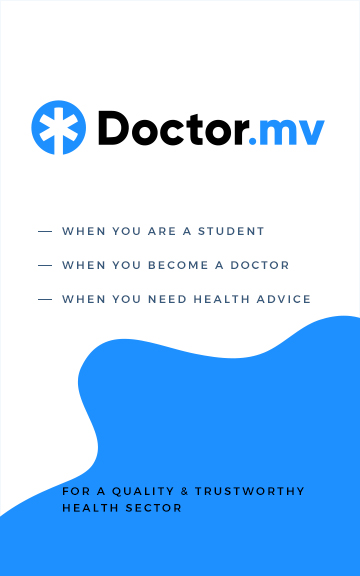
Earlier this month, researchers from Australia and China published evidence of the feasibility and effectiveness of a social media-based rehabilitation program for patients with coronary heart disease. This study is the first of its kind to evaluate the effects of a complete cardiac rehabilitation and secondary prevention program delivered exclusively via a social media platform.
Cardiac rehabilitation and secondary prevention are services usually provided during follow-ups at a cardiology outpatient department. They are used to control risk factors and improve capacity and quality of life of a patient with heart disease who had undergone treatments. Such treatments can include non-surgical procedures or even surgical procedures. However, the difficulty of access to the rehabilitation, makes it underused.
In this research, a group of patients of heart disease who had just undergone a specific non-surgical procedure for the disease at a hospital in Shanghai, were randomly chosen and put through a cardiac rehabilitation and secondary prevention program through the social app, WeChat. The program is called SMART-CR/SP. The patients were assessed 2 months, 6 months and 12 months after hospital discharge, and compared to a group that received the outpatient normal care.
The research utilized WeChat’s functions in communication, online education, physical activity tracking such as step counter, blood-pressure and heart-rate monitoring (linked to an external monitor), wireless data transfer, and multimedia. The program included education about heart health and disease, physical activity recommendation, healthy nutritional advice, support to commit to medication, psychological wellbeing, and modification of coronary heart disease risk factors. The result showed that SMART-CR/SP program improved knowledge and awareness, improved commitment to medications and decreased blood pressure and resting heart rate.
This research highlighted the great potential of social-media in providing rehabilitation services. These strategies can be implemented in communities where access to these services are limited while heart diseases are still a large burden.



Leave a comment
0 Comments